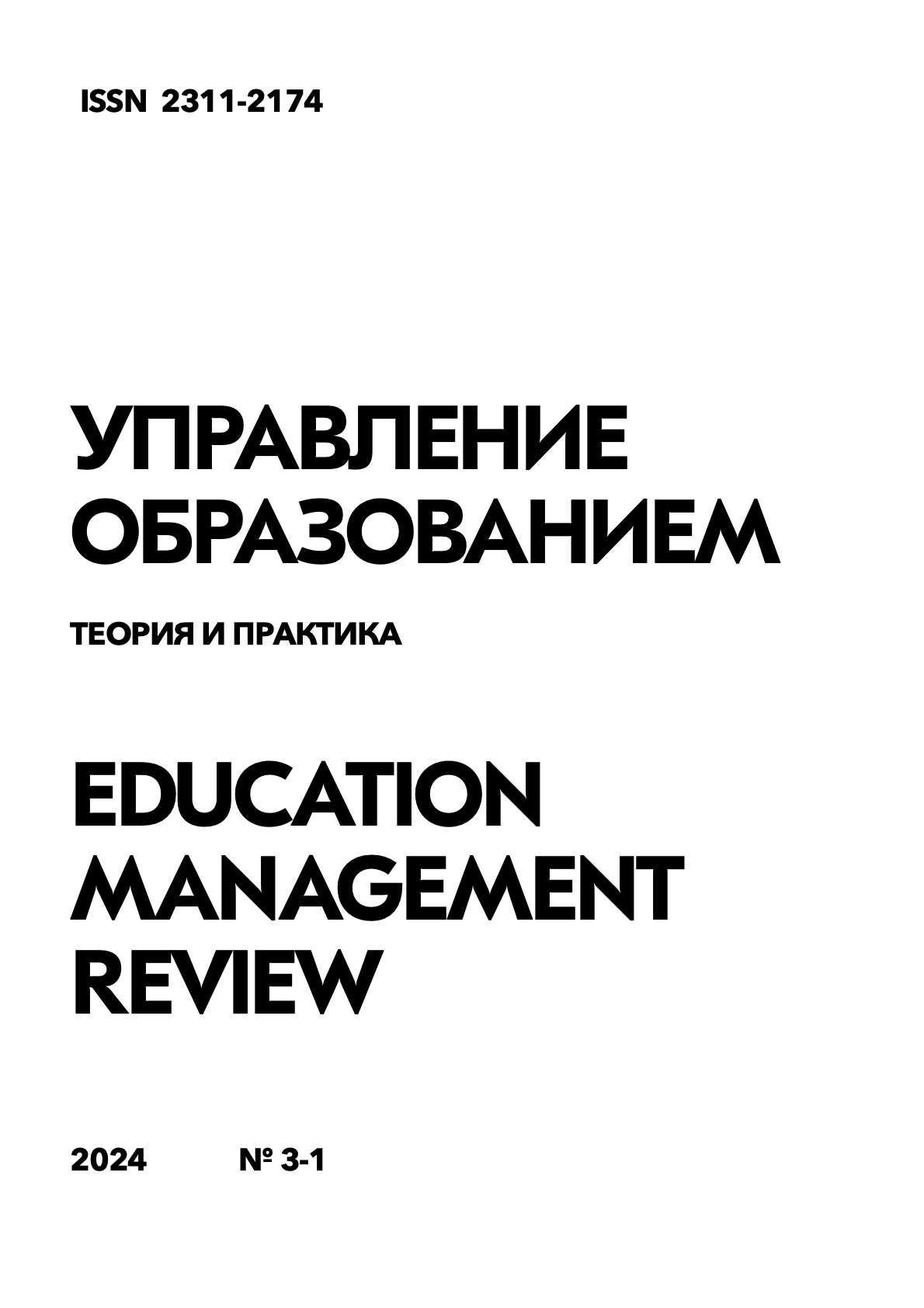The latest methods of teaching therapists at the medical university of the Russian Federation
DOI:
https://doi.org/10.25726/c3803-1177-8761-nKeywords:
medical education, therapists, problem-oriented training, simulation training, interdisciplinary integration, clinical thinking, practical skillsAbstract
This article discusses the latest methods of teaching therapists in medical universities of the Russian Federation. The study analyzed innovative approaches to teaching, such as problem-based learning (PBL), simulation learning and interdisciplinary integration. Materials and methods included a survey of 453 students and 78 teachers from 12 medical universities of the Russian Federation, as well as an analysis of curricula and methodological materials. The results showed that the introduction of PBL increased the level of clinical thinking in 87% of students, and simulation training improved practical skills in 92% of students. Interdisciplinary integration contributed to the formation of a holistic understanding of pathological processes and therapeutic approaches in 79% of future doctors. The study demonstrates the effectiveness of the latest teaching methods in the training of highly qualified internists who are able to solve complex clinical problems and provide highquality medical care. Further development and improvement of the latest methods of teaching therapists should be carried out taking into account the specifics of the various stages of training and the needs of practical healthcare. Investments in the modernization of medical education based on the latest teaching methods are a strategically important direction for the development of the human resources potential of domestic healthcare and improving the quality of life of the Russian population.
References
Agger C.A., Koenig E., Røge R. et al. Simulation-based training in flexible endoscopy – a systematic review // Endoscopy International Open. 2021. Vol. 9, № 10. P. E1675-E1688.
Brydges R., Manzone J., Shanks D. et al. Self-regulated learning in simulation-based training: A systematic review and meta-analysis // Medical Education. 2015. Vol. 49, № 4. P. 368-378.
Dankbaar M.E.W., Alsma J., Jansen E.E.H. et al. An experimental study on the effects of a simulation game on students' clinical cognitive skills and motivation // Advances in Health Sciences Education. 2016. Vol. 21, № 3. P. 505-521.
Harden R.M., Laidlaw J.M. Essential skills for a medical teacher: An introduction to teaching and learning in medicine. London: Elsevier Health Sciences, 2021. 348 p.
Hegland P.A., Aarlie H., Strømme H., Jamtvedt G. Simulation-based training for nurses: Systematic review and meta-analysis // Nurse Education Today. 2017. Vol. 54. P. 6-20.
Issenberg S.B., Scalese R.J. Best evidence on high-fidelity simulation: What clinical teachers need to know // The Clinical Teacher. 2019. Vol. 16, № 6. P. 429-436.
Kononowicz A.A., Woodham L.A., Edelbring S. et al. Virtual patient simulations in health professions education: Systematic review and meta-analysis by the Digital Health Education Collaboration // Journal of Medical Internet Research. 2019. Vol. 21, № 7. e14676.
Motola I., Devine L.A., Chung H.S. et al. Simulation in healthcare education: A best evidence practical guide. AMEE Guide No. 82 // Medical Teacher. 2013. Vol. 35, № 10. P. e1511-e1530.
Nasir A.A., Yusuf A.S., Abdur-Rahman L.O. et al. Medical students' perception of problembased learning: A qualitative study // International Journal of Medical Education. 2020. Vol. 11. P. 83-88.
Sayyah M., Shirbandi K., Saki-Malehi A., Rahim F. Use of a problem-based learning teaching model for undergraduate medical and nursing education: A systematic review and meta-analysis // Advances in Medical Education and Practice. 2017. Vol. 8. P. 691-700.
Schmidt H.G., Rotgans J.I., Yew E.H. The process of problem-based learning: What works and why // Medical Education. 2011. Vol. 45, № 8. P. 792-806.
Shanks D., Wong R.Y., Roberts J.M. et al. Use of simulator-based medical procedural curriculum: The learner's perspectives // BMC Medical Education. 2010. Vol. 10. P. 77.
Tjomsland N., Baskett P. Resuscitation greats: Åsmund S. Lærdal // Resuscitation. 2002. Vol. 53, № 2. P. 115-119.
Vandiver D.M., Walsh J.A. Assessing autonomous learning in research methods courses: Implementing the student-driven research project // Active Learning in Higher Education. 2010. Vol. 11, № 1. P. 31-42.
Wood D.F. Problem based learning // BMJ. 2003. Vol. 326, № 7384. P. 328-330.




